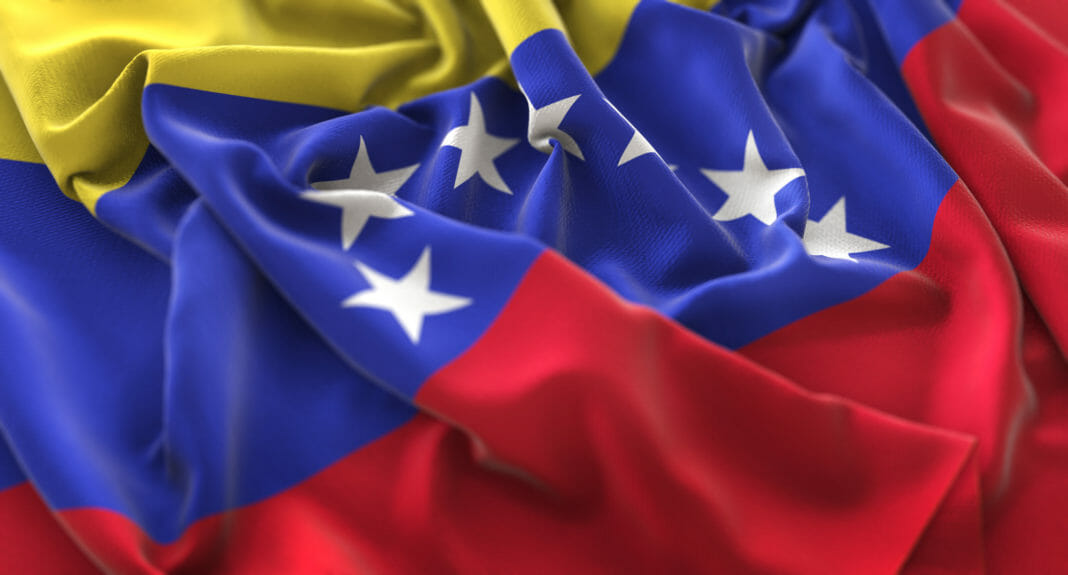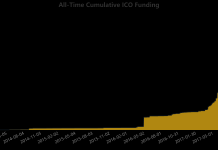Juan Almeida’s death adds to a series of controversies and accusations of torture by the Venezuelan authorities in relation to those detained in this PDVSA corruption case.
Juan Almeida, involved in a case of corruption of the PDVSA oil company with cryptocurrencies, has died in custody of the Maduro regime. His death joins that of Leoner Azuaje, who allegedly committed suicide on April 20. Almeida, known as the “hacker” of Tareck El Aissami, a former member of the Chavista government, was arrested for his participation in the corruption scheme that affects the Venezuelan state oil company.
According to the attorney general of the Chavista regime, Almeida suffered from a terminal illness, liver cirrhosis, and was under house arrest for humanitarian reasons at the time of his death. Almeida, along with his brothers, was designated as a technological operator in the corruption scheme called “PDVSA-Crypto”.
The information was released by Attorney General Tarek William Saab, who tweeted the following:
“The Public Ministry reports the death of citizen Juan Almeida who suffered -for a long time- from a terminal illness diagnosed as cirrhosis of the liver: at the time of his death, he was at his residence: after being granted the humanitarian measure of house arrest, as being one of those investigated for the PDVSA/Crypto plot.”
PDVSA-Crypto Controversy Continues: Cryptocurrencies Are More Than Involved
The case of corruption in the PDVSA oil company, known as “PDVSA-Crypto”, has generated a great commotion in Venezuela. This scandal involves a massive corruption scheme at the state oil company, where high-ranking officials and businessmen took advantage of their position to divert billions of dollars through fraudulent operations.
One of the main highlights, in this case, is the role that cryptocurrencies played. According to investigations, cryptocurrencies were used as a tool to circumvent international sanctions imposed on Venezuela and facilitate money laundering.
Corruption through cryptocurrencies is no longer a surprise. In particular, it is mentioned that Juan Almeida, also known as “N33” or Tareck El Aissami’s “hacker”, played a key role in this plot. He is credited with the ability to break into, boycott, and clone social networks, especially those whom El Aissami wanted to spy on or keep under surveillance. In addition to his computer skills, Almeida was accused of being involved in fraudulent cryptocurrency transactions for the benefit of himself and other corrupt officials.
Millions of Dollars Diverted by Corruption Through Crypto Operations
In the case of PDVSA, it is estimated that billions of dollars were diverted through cryptocurrency operations. allowing those involved to make illicit profits and circumvent restrictions imposed by international sanctions.
The “PDVSA-Crypto” case has generated deep outrage in Venezuela, as corruption in the state oil company has led to the collapse of the country’s oil industry and has contributed to the economic crisis it is going through. In addition, it has highlighted the need for greater regulation and supervision in the use of cryptocurrencies to prevent money laundering and other illicit activities.
The Venezuelan authorities have promised to carry out thorough investigations and prosecute those responsible for this corruption case. However, the lack of transparency and opacity of the Maduro regime raises questions about true accountability and justice in this matter.
By Audy Castaneda











